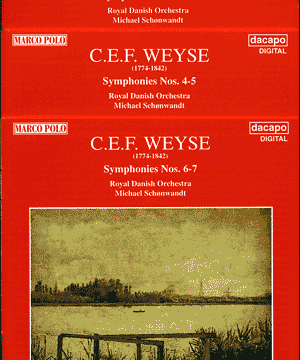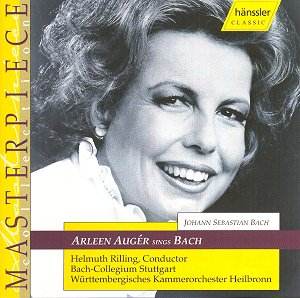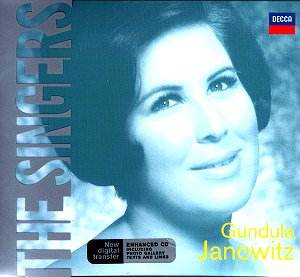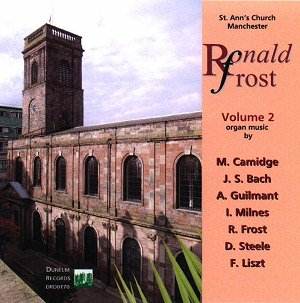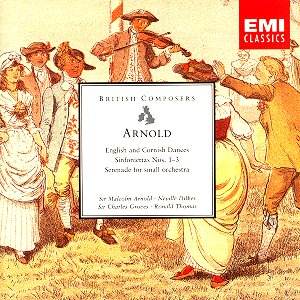 Composer: Malcolm Arnold
Composer: Malcolm Arnold
Works: English Dances sets 1 and 2 (1950, 1951), Serenade for small orchestra (1950), Sinfonietta No 1 (1954), Sinfonietta No 2 (1958), Sinfonietta No 3 (1964), Four Cornish Dances (1968)
Performers: Bournemouth Symphony Orchestra/Charles Groves (English Dances), Bournemouth Sinfonietta (Serenade, Sinfonietta No 3), Philharmonia/Neville Dilkes (Sinfonietta No 1 & 2), City of Birmingham Symphony Orchestra/composer (Four Cornish Dances)
Recording: EMI CLASSICS CDZ 5 74780 2 [76.16]
Label: EMI
Malcolm Arnold, born in 1921, has long been a vital force in the British classical music landscape, often celebrated for his ability to distill complex emotions into compact forms. This recording encapsulates a significant portion of Arnold’s oeuvre from the mid-twentieth century, showcasing his signature blend of orchestral color, rhythmic vitality, and lyrical charm. The works collected here, ranging from the buoyant English Dances to the introspective Serenade for small orchestra, reflect a composer at the height of his creative powers, capturing the essence of British musical identity with both wit and sophistication.
The performances, led by Charles Groves and Neville Dilkes, demonstrate an admirable grasp of Arnold’s stylistic nuances. Groves, a long-time champion of Arnold’s music, brings an infectious zest to the English Dances. The orchestration is bright and lively, with the strings producing a vibrant energy that animates the quicksilver rhythms of the dances. However, one notes a subtle deficiency in the fullness of the string tone at times, which may detract from the overall lushness that Arnold’s music can evoke. In contrast, the Bournemouth Sinfonietta’s interpretation of the Serenade showcases a more wiry sound, perhaps intentional, yet it occasionally lacks the opulence that one might desire for such delicate material. The clarity of orchestration shines through, particularly in the first two movements, where Arnold’s gift for melodic invention is vividly realized. Yet, the final movement feels somewhat hollow, missing the emotional depth that typically characterizes Arnold’s best work.
The Sinfoniettas, which diverge from the more exuberant dance forms, reveal another facet of Arnold’s compositional voice. The First Sinfonietta, written for the Boyd Neel Orchestra, presents an ingratiating charm, although it is perhaps less demonstrative than the Dances. The central movement evokes echoes of Sibelius and Mahler, employing a pastoral quality that highlights Arnold’s distinctive voice. The Philharmonia Orchestra under Dilkes offers a spirited rendition of the Allegro con Brio, allowing the music’s buoyancy to surface with infectious vigor. The Second Sinfonietta deepens this exploration, transitioning from serious introspection to a playful, flutey finale, while the Third Sinfonietta expands to four movements, showcasing a darker, more poignant emotional landscape that hints at disillusionment.
The Four Cornish Dances, conducted by Arnold himself, serve as a fitting conclusion to this collection. They encapsulate the composer’s ability to evoke local color and folklore while maintaining a universal appeal. The light percussion ostinati and vibrant orchestration create a vivid soundscape reminiscent of the landscapes and legends of Cornwall. Arnold’s deft handling of rhythm and color is particularly effective in the Allegro, which resonates with echoes of Kodály, further illustrating his command over orchestral texture.
This compilation stands as a testament to Arnold’s enduring legacy and the exceptional artistry of those who championed his work. The recording quality, while occasionally revealing a lack of opulence in string sound, nonetheless captures the essence of Arnold’s orchestration and emotional depth. The balance of clarity and richness, particularly in the more intimate pieces, suggests that this disc could serve as a cornerstone for any Arnold enthusiast. The breadth of styles represented here, from the effervescent dances to the more reflective serenade and sinfoniettas, illustrates a composer whose work is as varied as it is compelling, inviting listeners to experience the rich tapestry of mid-twentieth-century British music.
